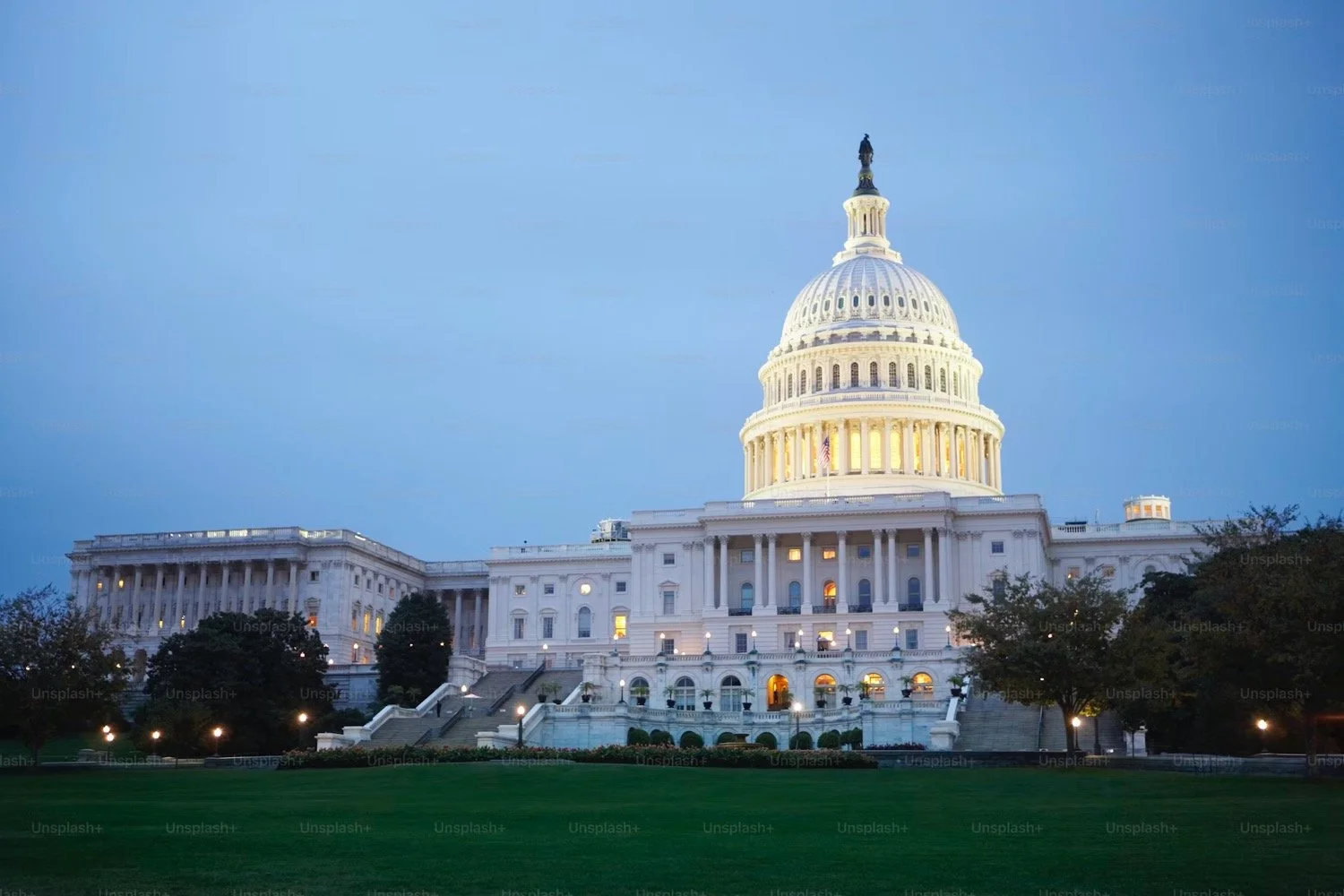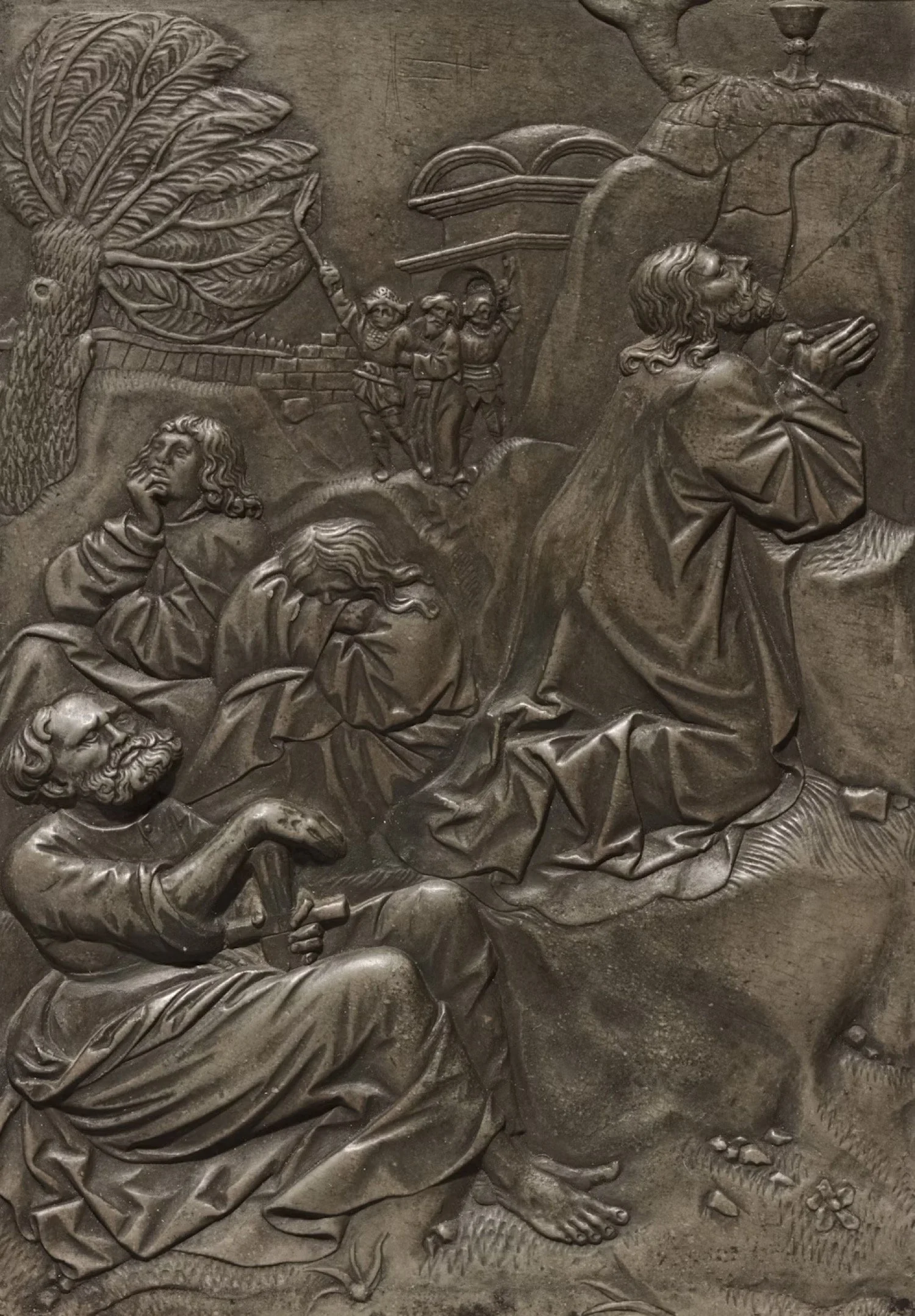Readings for today: Isaiah 5-8
Recently, I’ve been reading a book by a rabbi named Abraham Joshua Heschel. Rabbi Heschel was one of the foremost rabbi’s of the 20th century. Internationally known as a scholar, author, activist, and theologian. He was the professor of ethics and mysticism at the Jewish Theological Seminary in America and combined both disciplines to create a way of thinking about God and life and humanity that is deeply compelling. In one of the chapters of his famous book, God in Search of Man, he charts out the narrow way of what it means to know and follow God in this world.
What is the secret to righteous living according to Heschel? “A truth so universal: God is One. A thought to consoling: He is with us in distress. A responsibility so overwhelming: His name can be desecrated. A map of time: from creation to redemption. Guideposts along the way: the Sabbath Day. An offering: contrition of the heart. A utopia: would that all people were prophets. The insight: humanity lives by faithfulness: his home in time and his substance in deeds. A standard so bold: ye shall be holy. A commandment so daring: love thy neighbor as thyself. A fact so sublime: human and divine pathos can be in accord. And a gift so undeserved: grace and the ability to repent.”
Contrast this way with what both the secular and religious worlds have to offer. The secular lives by the creed offered in Isaiah 5:20, “Doom to you who call evil good and good evil, who put darkness in place of light and light in place of darkness, who substitute bitter for sweet and sweet for bitter.” Progress looks like regress. Advancement looks like retreat. Transcendence has been traded for degradation. We’ve exchanged our heavenly aspirations for earthly desires and have crashed harder than cryptocurrency. The same is true for the religious. It’s simply the flip side of the coin. Rather than embrace the incomprehensible mysteries of God, we prefer the straight jacket of our theological systems of belief. Rather than embrace the wideness of the love of God, we narrow the field to those who think like us, believe like us, look like us, act like us. Rather than embrace the radical grace of God, we exhaust ourselves trying to earn our salvation through our own effort and wisdom and strength.
God’s ways are not our ways. His thoughts are higher than our thoughts. His wisdom seems like foolishness to us. A virgin shall conceive a son? You shall call His name Immanuel? God will come to dwell with us? All of us are like Ahaz if we’re totally honest. We refuse to believe the words of the prophet because they simply do not fit human logic and defies human categories of understanding. And yet, isn’t that the point? God is not like us. God exists on a higher plane. He is infinite and we are finite. He is omniscient and we are limited by what we can know from human experience. He is not bound by the laws of the universe He created nor is He trapped by paradox. This is why prophets like Isaiah fall on their faces before God when they see Him face to face. They simply cannot process all that He is and reveals Himself to be. Thankfully, God is merciful and gracious to us. Rather than striking us down for our sin, He wipes away our guilt and shame with the touch of a coal from His altar. And then He sends us out to proclaim His gospel to the world.
Readings for tomorrow: Isaiah 9-12




